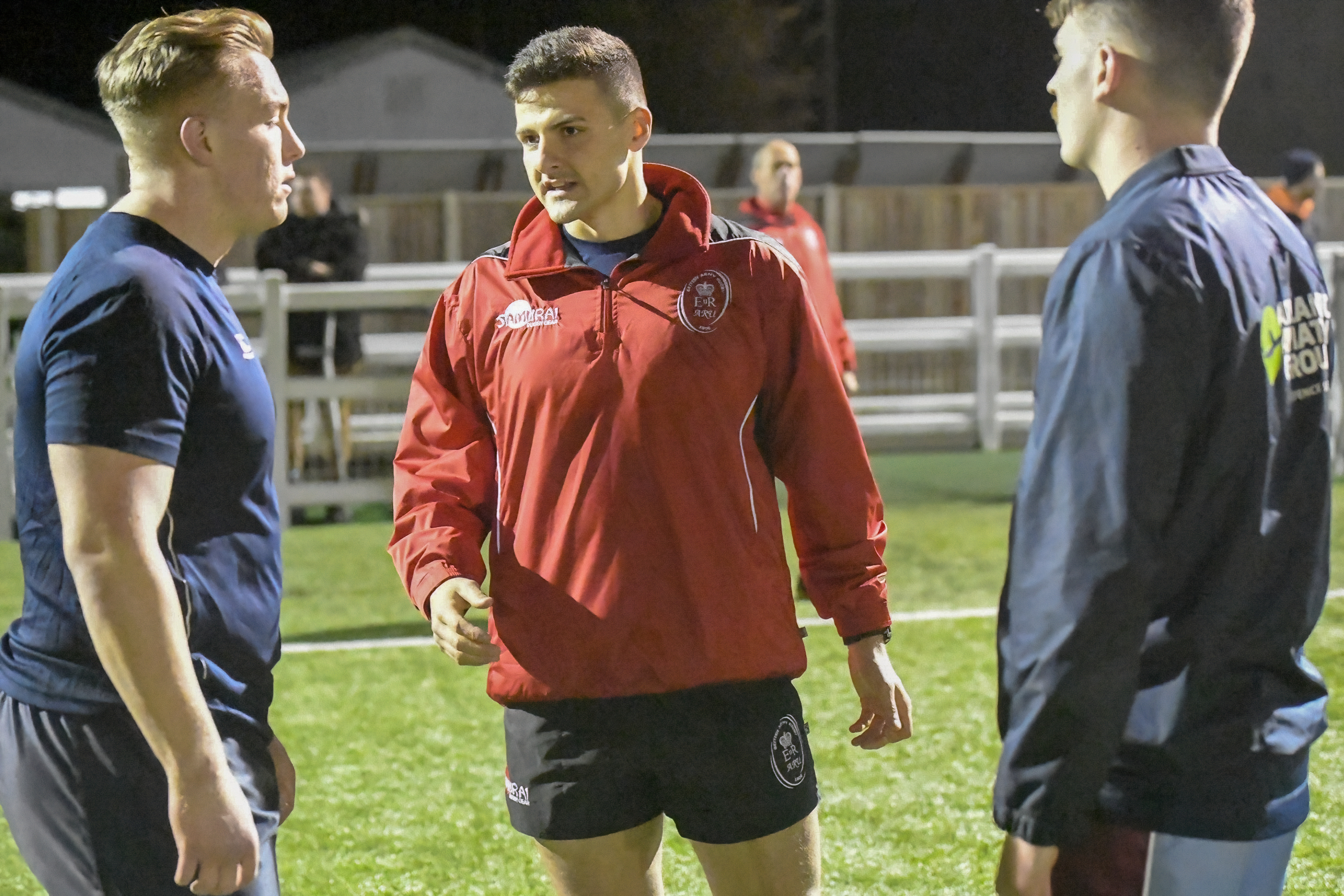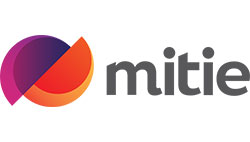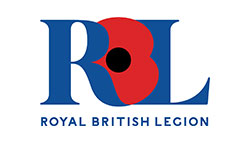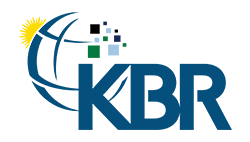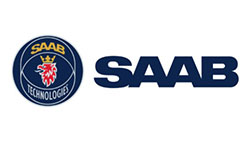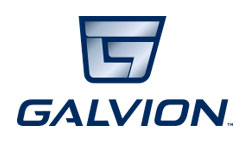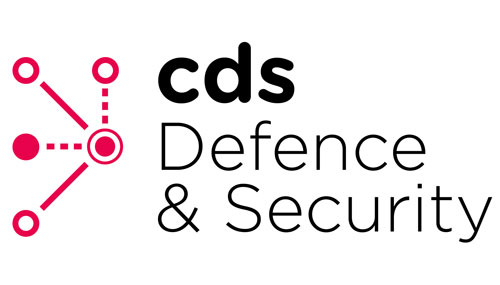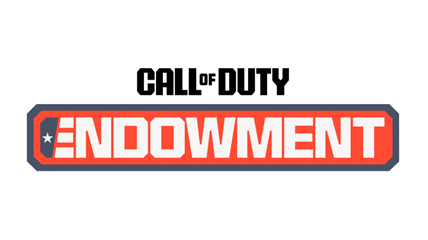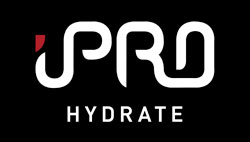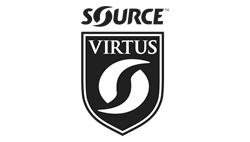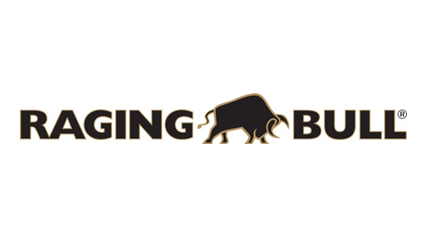The early weeks in February see the best players come together and tens of thousands of rugby supporters fill departure lounges of airports across Europe as the international game takes over the attention of the public, media and broader sporting world alike.
However the international window is much more than the Six Nations, and for Pte Michael Todd (6 Scots A Company) this meant a flight to Lisbon to be one of the Assistant Referees for Portugal’s Rugby Europe Championship opener against Belgium.
For Pte Todd, who was part of Hollie Davidson’s officiating team for the match, this was just the latest step in a refereeing journey which started nearly a decade ago while he was still a teenager at school.
Then still an aspiring player, injuries started to take their toll. But Pte Todd was still keen to stay in the sport, and with former international referee, Malcolm Changleng, an encouraging presence as PE teacher, the journey had begun.
“If you’d have said to me when I did my first referee’s course back in 2013 that I’d be involved in professional rugby I’d have told you that you’re absolutely crazy!” he laughs.
From joining the Borders Rugby Referee Society, Pte Todd’s talent was spotted by Scottish Rugby’s Referee Commissioner, Tappe Henning, and soon he was fast tracked onto the Development Panel alongside other promising young referees.
Now on the Scottish Rugby High Performance Panel of Referees, Pte Todd is a regular not only in Scottish domestic rugby but also the United Rugby Championship. What is also the more impressive is that he combines the training, preparation and reviewing expected of the top officials with both a full-time job as an auditor and commitments as a Reservist with 6 Scots A Company.
“People do ask me when I have a chance to sleep!” he admits. “It’s a lot of work to keep all the plates spinning! I work in audit full-time, which is a demanding job, and am still sitting my exams to become a Chartered Accountant later this year.
“At the peak of the season, our appointments can see us have to do a game, potentially two, on Friday, Saturday or Sunday, depending how busy we are. Then there are game reviews and meeting up with our coaches during the week, all in our spare time alongside training.
“Then I have my Reserve commitments on a Tuesday night as well.”
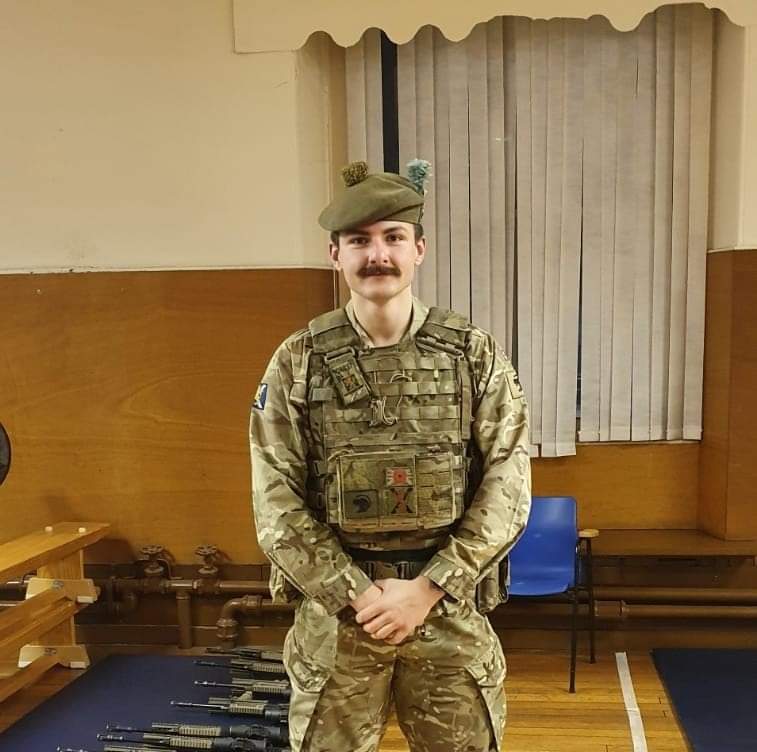
Michael serves as a Reservist with 6 SCOTS.
Image provided by Michael Todd
That rugby runs through Pte Todd’s veins is expected, given the time and commitment he has put into becoming one of the top officials in his country. But so does the Army, which explains why he signed on to put time into uniform as well.
“There’s always been military in my family,” he says. “My dad served for 25 years, my grandfather, he served, and my great-grandfather served as well. I thought about going full-time when I came out of school, but due to personal circumstances I came away from that. But I still wanted the military experience so I went for the Army Reserve, which gives me the best of both worlds.
“You have that military-ness, but also the stability of a routine Monday to Friday where you know what you’re coming home to. But you still have the opportunity to go on exercise or go on tour, and everything the Army can offer without the potential drawbacks of postings here, there and everywhere.
“I was just turning 19 when I joined the Reserves, and with the refereeing starting to go well, and if I had gone full-time then one was going to take a hit from the other. But you can still do the sport in the Army Reserve, which complemented each other.
“My chain of command’s really supportive. I’m only a Private soldier at the moment, so it can be hard to get what you need as it’s a lot of work which staff have to put in, but I’ve got a really supportive Commanding Officer and Company Commander and I’ve been really lucky that they’ve backed me.”
What has also come with his service is the added backing of the Army Rugby Union, which helped secure Pte Todd’s place on the Army’s Elite Sport Programme alongside some of the most talented athletes in the Army.
It is, he says, recognition of the effort which goes into getting to the top end of the officiating pathway.
“It’s something I’ve had to explain to people,” he says. “Referees aren’t just random people pulled off the street and given a whistle. You have to put in as much work, potentially more work than players do in terms of fitness, game knowledge, off-field psychological work to learn to deal with difficult players or situations where we need to keep ourselves calm.
“Being able to deliver big decisions like a yellow or red card which will have a huge impact on the game in a calm and professional manner is massive. If you’re flapping then the players won’t have confidence in you, so being able to stay calm and relaxed, there’s a massive amount of work that goes into it that your average person won’t be aware of.
“It’s a difficult thing to be able to operate mentally and physically at that level for 80 minutes, potentially 90 or 100 minutes. We’ve done our pre-season camps with bootcamp challenges and then making decisions so you’re operating under extreme fatigue, so when you’re on a rugby pitch you’ve already done it.
“There’s a lot which goes into officiating, and I’ve got to give thanks to Capt Nikki O’Donnell for pushing the Army Sport Control Board into allowing referees to go onto the Elite Sport Programme. She’s a trailblazer for the Army Rugby Union and military sport, one of the first military athletes to officiate in the Six Nations, and across all sports you can take Nikki as a role model. She’s working full-time in hospitals but also refereeing at a high level.
“In military circles to get onto the Elite Sport Programme you have to have backing from the Army Rugby Union. They don’t have to back us because we don’t officiate the Army’s games, we do the other Services, but to have their backing and having our Home Unions backing us, it’s nice to know that you’re recognised for the effort you’re putting in.”
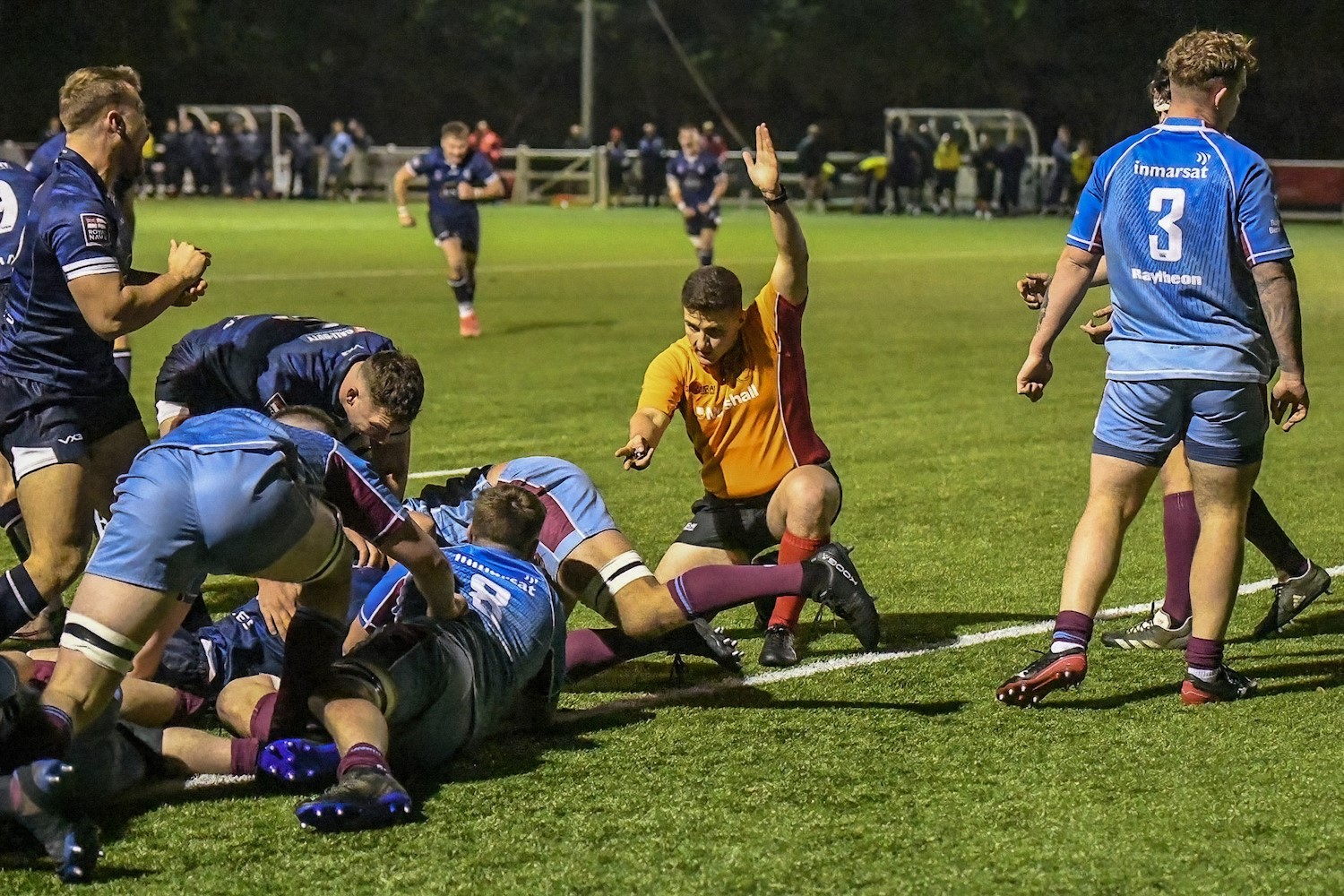
Michael officiated the Royal Navy v Royal Air Force match in the 2022 U23 Inter Service Competition.
Image – Royal Navy Rugby © Mark Deller
This hard work is now paying off with his place on the High Performance Panel.
“It’s a group of around 14 of us, with the four full-time professionals – Mike, Sam, Ben and Hollie – and there’s 10 or 11 of us who are part-time professionals,” says Pte Todd. “We’re a tight-knit team who know each other really well and there’s a strong bond within the group. We’re working together, we’re going out of the country together, we are having to operate together as small teams.”
In addition to the Super 6, which Pte Todd says gives as much benefit to match officials as it does the semi-professional players looking to earn themselves a full-time contract, there have been increasing opportunities to hone his trade within the United Rugby Championship, especially since the pandemic.
“There’s huge potential,” he says, “and we’ve benefitted from Covid because of how the refereeing appointments are structured. It’s only the referee and TMO who are travelling, with the two Assistant Referees coming from the home country. With Glasgow and Edinburgh there are two appointments at each match when they play at home.
“Previously you were travelling, which cut down on time available for games because you were travelling to Ireland, Wales or Italy. You’d only be doing that AR appointment, whereas now you can do an AR appointment on a Friday night in Glasgow or Edinburgh before refereeing in Super6 or Premiership on a Saturday.
“It’s allowing people like me and the others in the group the opportunity of working in professional club rugby as well as our domestic games, taking on board what we’ve learned working with the top guys from other Unions, including South Africa. The majority of them are World Rugby referees in Six Nations or Autumn Internationals, so the way the URC is going it’s going to be a great benefit to us as Scottish referees.”
Then four years ago came the ultimate selection for a match official, namely the call to international level. It was all a bit surreal, Pte Todd admits.
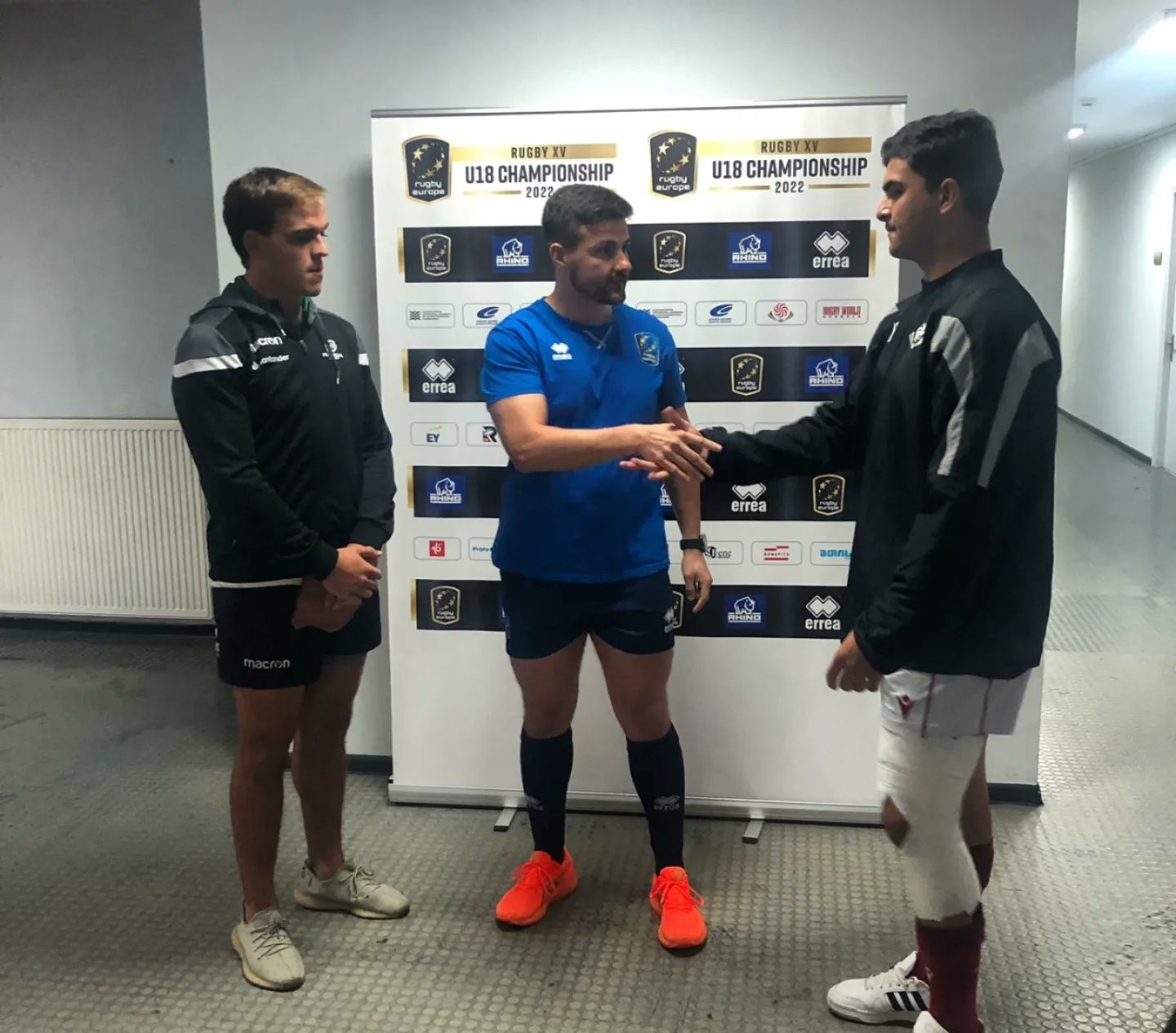
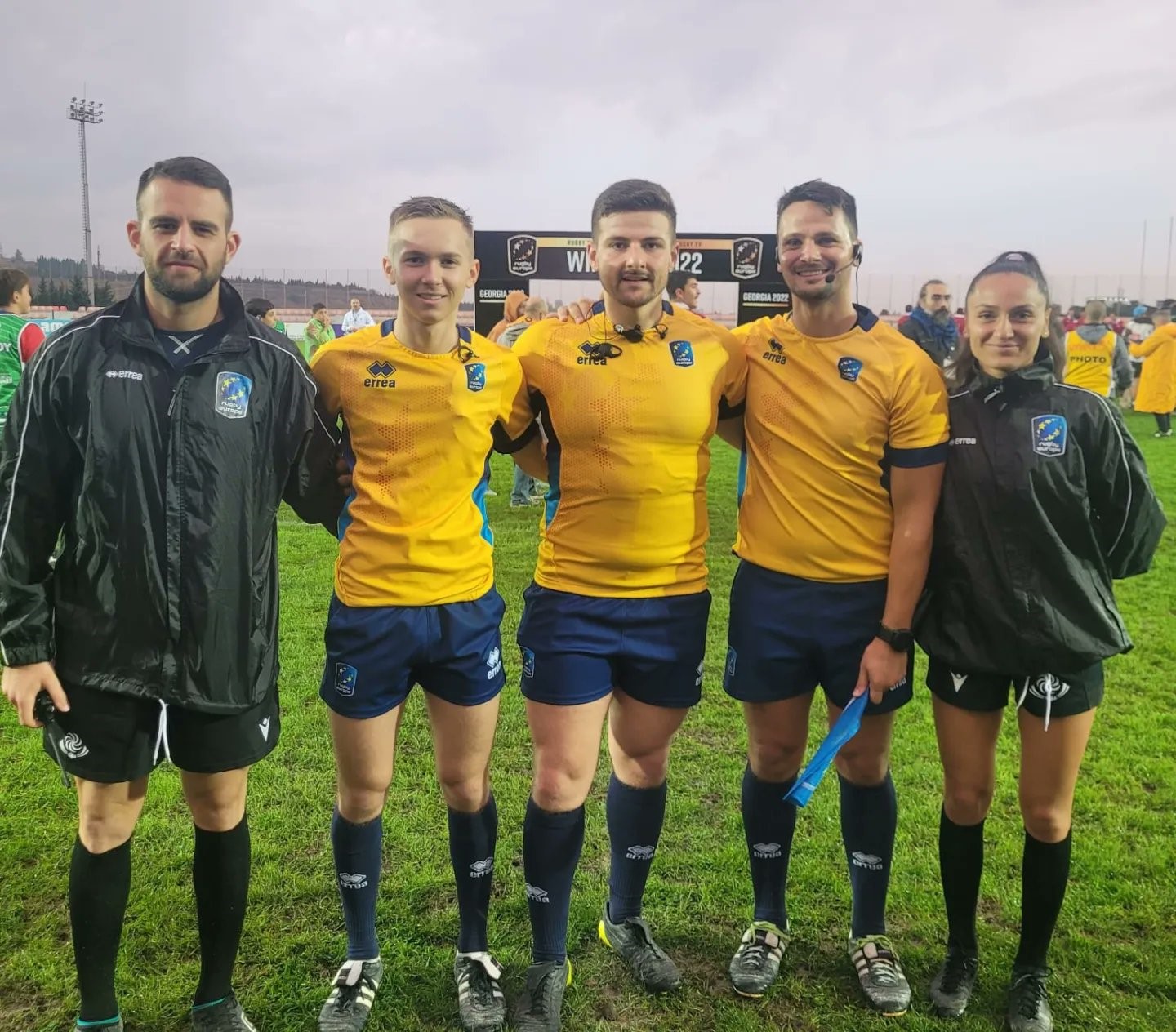
Michael refereed the U18 Rugby Europe Final in October 2022.
Images provided by Michael Todd.
“It’s a really weird feeling when you receive the email,” he recalls. “It’s only until you open the email that you see the teams and fixture. You kind of don’t believe it’s real, if I’m being honest. My first international match was going out to Belgium to run the line for Belgium against Georgia in 2019. You’re thinking ‘this can’t be real’ with a bit of imposter syndrome.”
All in all, Pte Todd’s journey has come a long way, and with him still being in his mid-20s there is still plenty of time for there to be more to come, too, and he is understandably keen to encourage others to follow suit.
“It’s a cliché, but just give it a go!” he says. “That’s what I did when my schoolteacher told me to get on the course. You never know, you might enjoy it! Eight years down the line I’m operating in a professional environment where I’d have never got as a player. I’ve made it in something which is probably better than being a player. I’m involved in an amazing sport in probably one of the best seats in the house.
“You never know where you can end up. As a 17-year-old schoolkid I didn’t see myself travelling abroad to referee. I thought I’d be covering school games and third 15 games on a Saturday. There are hundreds and hundreds of opportunities there, and if you put the work in the reward can be exponential.
“Meanwhile the Army Reserve gives you massive opportunities, inside sport and outside of sport, and everything in between. There’s a like-for-like with team sports.”
To find out more about becoming a referee head to https://www.armyrugbyunion.org.uk/aru-referees/
Tickets for the 2023 Inter-Services Championship are now on sale.
CLICK HERE for information about the Army v RAF at Kingsholm, Gloucester, on Saturday, April 15th.
CLICK HERE for information about Army Navy at Twickenham on Saturday, May 13th.
Words © New Dogs, Old Tricks
Header and Featured Image – Navy Fit © Mark Deller
